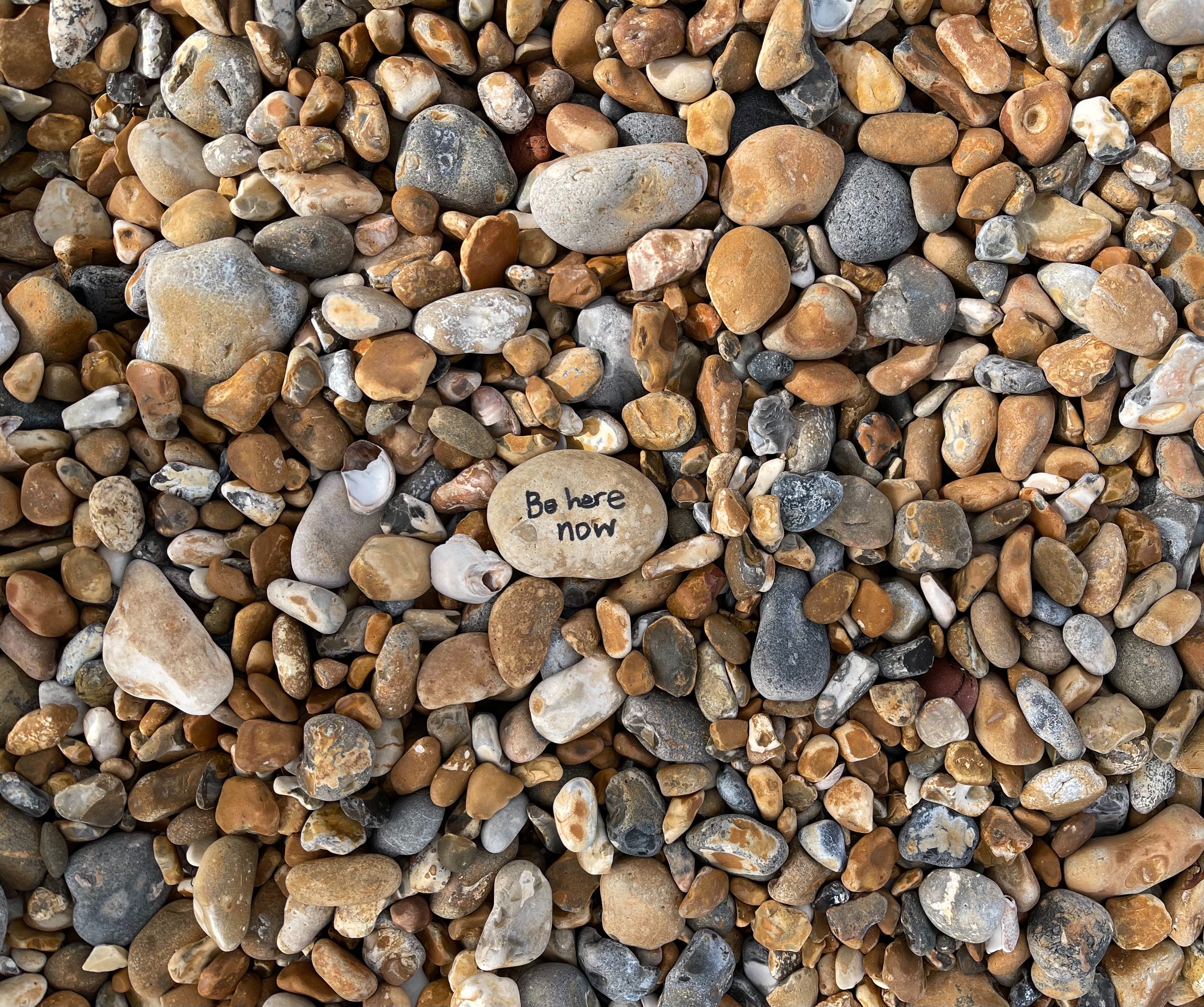Overthink
Acknowledging the Uncertainty of the Future
The unpredictability of the future is scary, but it’s not always something to be afraid of.
Jun 19, 2023

Sayings about the uncertainty of tomorrow are many. “You don’t know what tomorrow will bring.” “You don’t know what the future holds.” In Spanish, it’s common for people to add “si Dios quiere” after making a plan. A nod to the fact that tomorrow’s not guaranteed. My grandma would love to remind us about the uncertainty of tomorrow by responding to any plan with, “Si no me muero antes.” A morbid habit I picked up. Despite having a multitude of phrases acknowledging the uncertainty of the future, it doesn’t lessen the surprise or shock when something unforeseen does happen.
The future, like the past, is an elusive concept. We experience a flow of time that some thinkers might call an illusion. We know the past happened because of memories and other artifacts that weren’t constructed now, in the present, and we can assume a tomorrow will happen because of a series of todays, but both are difficult to point to. One, the past, has relics that point to its existence. While the other, the future, is constructed purely through imagination, expectations, and assumptions. Whether time exists or not, there is this acute feeling of uncontrollability when it comes to time—especially about what the future holds.
Nothing can prepare you for the uncertainty of the future, specifically in the face of tragedy. The death of my father was one such tragedy. I was the last person to talk to my dad. He called me about 20 minutes before he died asking what I wanted to eat for dinner. I can’t even remember what he was planning to make. Whatever it was, it sounded good to me. We hung up, and less than a half hour later, he was gone. During and after that call, I would never have imagined my father’s future would be so short. The future at the time was constructed purely on the assumption it would be like any other night, a certainty I took for granted until it was too late. From this point on, the unknowability of the future became a poignant lesson lingering in the back of my mind.
A few weeks ago, I got another fast reminder of the uncertainty of the future. Friday evening, my dog Norah was her usual self wrestling with my other husky Red and barking uncontrollably in her excitement to eat. There was absolutely no sign that the next day she would be unable to walk for more than a few feet before collapsing. At the rate of her decline, I was sure she was going to have to be put down.
A few days later, we found out Norah has Glaucoma. That Friday night, the trapped fluid in her eye had reached a breaking point. Just like that, she had lost sight in her right eye, and she was scheduled for enucleation surgery to have her eye removed the following week. Norah’s always been a healthy dog. Thankfully, she’s still a healthy dog. We just need to monitor her left eye to prevent the same from happening.
Like all lessons, we need a refresher. Over the past few years, I’ve had a series of bad news. In June 2021, my grandma had a heart attack and was given a week to live. Late last year, my aunt was diagnosed with cancer and given three months to live. Earlier this year, my other grandma was diagnosed with cancer and given four months to live. To the surprise of each of their doctors and their dismal projections of life, they’re all fortunately still here doing better than I could’ve hoped.
There are times that I fall into the trap of fearing what horrors the future holds like when I get a call late at night or a loved one doesn’t respond to a text right away. But I draw comfort that while the future isn’t predictable, it is expectable. We develop schedules and routines, make plans, and assume the sun will rise at its calculated 5:34 a.m. and set at 7:57 p.m. with slight variations depending on the tilt of Earth. Even though the future withholds many surprises—some tragic, some hopeful—more often than not our lives flow through time mostly unperturbed.

